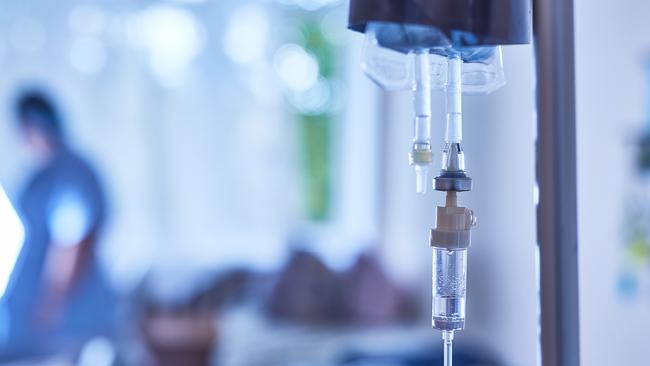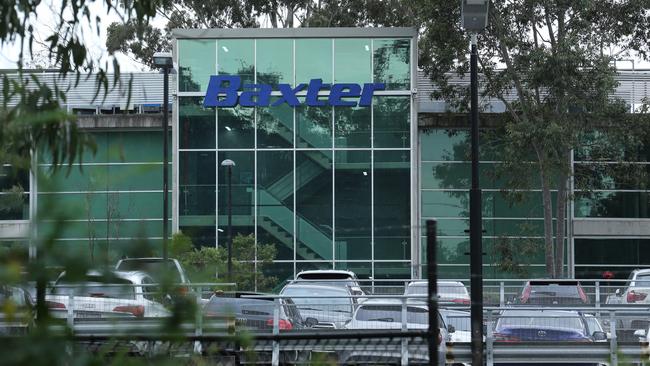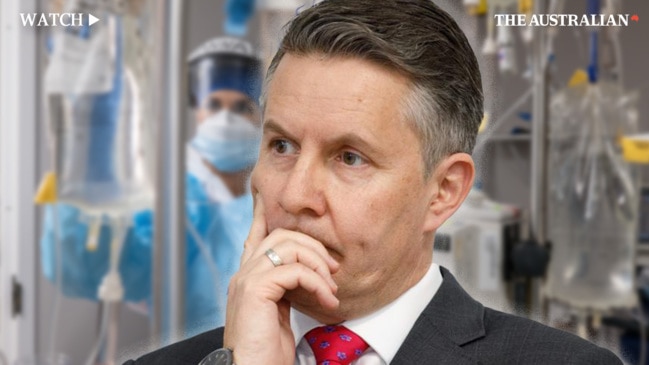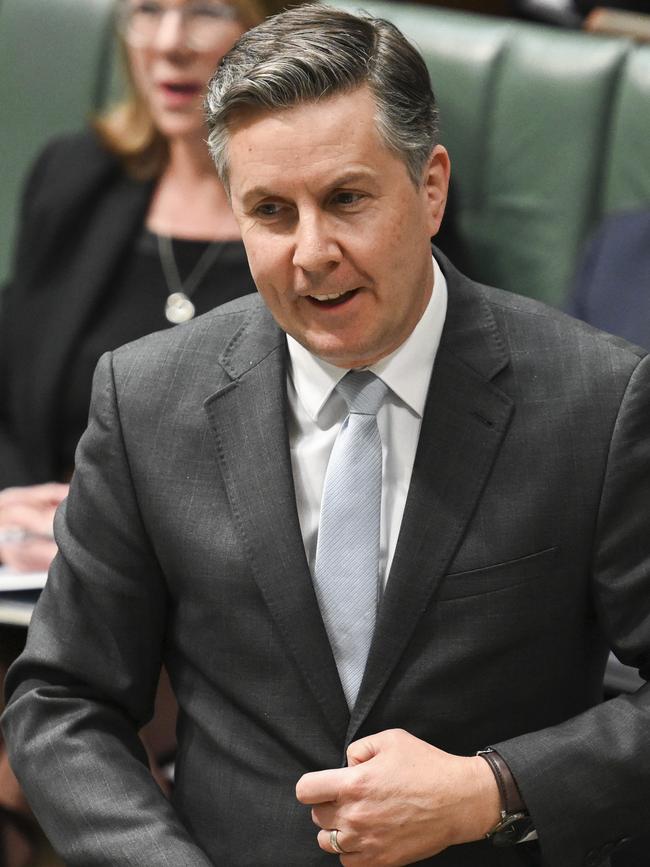Intravenous scandal escalates: the excuses are fluid
Amid growing questions over the transparency of the response to the crisis, it has emerged that Australia is the only country experiencing a major supply shortage of IV fluid and a Sydney factory is exporting stock to NZ.

A shortage of intravenous IV fluid bags that is causing chaos in Australian hospitals is being dubbed “the ultimate example of poor procurement policy”, as the medicine regulator’s claims of a widespread global shortage is contradicted by health authorities around the world.
Australia’s only onshore IV fluid manufacturer, which has a factory in western Sydney, is still supplying adequate stock to New Zealand, as medics and pharma insiders say they are “mystified” as to why Australia appears to be the only country significantly impacted by what regulators say is a global shortage.
The pharmaceuticals director for New Zealand’s drug-purchasing agency Pharmac said there were “currently no issues with supply of IV fluids for New Zealand and stock is available at wholesalers” while the US Food and Drug Administration only records a shortage of a particular size of saline product.

The Therapeutic Goods Administration is insisting that there is a global shortage of IV fluids such as saline “due to global supply limitations, unexpected increases in demand and manufacturing capacity constraints”.
Three major teaching hospitals that perform the most critical surgery have been in the extraordinary situation of having only 24 hours of the vital IV fluids in their emergency stores in the past fortnight, and a major Sydney hospital has warned staff that patients who had minimal IV fluid during surgery should be monitored longer for hypotension and dehydration. There is also mass rationing by hospitals across Australia as disaster-mitigation strategies are implemented.

Amid growing questions over the transparency of the response to the crisis, it has emerged that Australia is the only country experiencing a major supply shortage of IV fluid, other than Taiwan, whose major manufacturer was forced to halt production over numerous violations.
The commonwealth now faces questions over why it apparently lacks contingencies to guarantee patients are not at risk from supply interruptions. The TGA issued a national alert on July 25 when the supply crisis escalated to an emergency across virtually every hospital in the country as doctors were forced to scramble to retrieve half-used saline bags from ambulances. Queensland had established a critical response working group for the shortage on May 7.
The national medicines regulator has been managing the issue, which recently worsened, for the past 18 months but no shortages have been publicly reported in that time because saline fluids are not a reportable medicine under commonwealth therapeutic goods legislation.
Pharmaceutical industry insiders say they are baffled by the TGA’s explanation of the crisis which they blamed on the lack of a functional national procurement policy. “There are no global shortages, only in Australia,” said one industry insider with high-level knowledge of saline fluid contracting in Australia.
State governments each have contracts for the supply of saline fluids, and Baxter Health Care manufactures about 75 per cent of the market’s products onshore, with overseas suppliers B. Braun and Fresenius Kabi supplying the rest.


New Zealand has a virtual exclusive contract to supply the whole of its nation’s saline fluids with Baxter, and the drip bags are all manufactured in Baxter’s Sydney manufacturing plant.
Pharmac’s director of pharmaceuticals, Geraldine MacGibbon, told The Australian it had no supply issues and stock was available at wholesalers.
“To make sure New Zealand does not experience similar issues we are meeting with Baxter and Health New Zealand regularly to monitor New Zealand’s ongoing supply,” Ms MacGibbon said. “If we expect a supply issue will have an impact on people, we will take steps to resolve the issue as quickly as possible and keep the health sector informed.”
Pharmac said its contractual agreements required suppliers to keep a certain amount of stock in the country. It is understood stiff penalty clauses are also built into the NZ government’s contracts with Baxter, which mitigate against the company failing to supply saline products.
That is possible because of the exclusive bargaining – a situation that existed in Australia in the past but was changed after a court challenge by the competitions regulator which successfully pursued Baxter for cartel behaviour.
The Food and Drug Administration in the US told The Australian it had no major supply issues in relation to IV fluids, apart from certain sizes of bags.
“The public should rest assured the FDA is working closely with numerous manufacturers and others in the supply chain to understand, mitigate and prevent or reduce the impact of intermittent or reduced availability of certain products,” an FDA spokesperson said.
Medics in the UK reported minor issues with supply of saline products in hospitals. A product manufactured domestically, Plasmalyte, is widely used and mitigates global supply shocks.
Insiders say that at the core of the saline crisis in Australia is the fact that global shipping interruptions – largely caused by the closure of the Red Sea shipping route – have hit imports and caused a spike in demand for Baxter products. Baxter has ramped up production by as much as 135 per cent but is unable to immediately meet the sudden extra demand.
The TGA has pointed to higher demand within hospitals, but there is no immediate explanation for why demand would increase in such a manner. Elective surgery is proceeding as normal or has reduced in many states.
“The TGA has approved a number of alternative supplies from overseas to supplement the local production, which is managing to get us through this period of higher demand,” the regulator said. “The government is working with states and territories, and with private hospitals, to minimise any impact on patient care.”
Concern is growing however among doctors. They’re calling for transparency. “I’ve spoken extensively to senior Health Department figures and … have been told that Australia is experiencing a global supply problem,” said Australian Medical Association president Steve Robson. “Yet when I’ve contacted colleagues in the US and the UK, they’re mystified. There seem to be minor shortages but nothing like we’re now experiencing here.”
A Baxter spokesperson said last week its manufacturing plant was “operating at historical volumes and full capacity”.




To join the conversation, please log in. Don't have an account? Register
Join the conversation, you are commenting as Logout